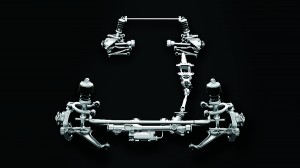 MAGNETO-RHEOLOGIC SUSPENSION
MAGNETO-RHEOLOGIC SUSPENSION
‘Magneto-rheologic suspension’ is an adaptive damper system wherein the dampers are magnetically controlled. A special magneto-rheological fluid is used, which, when subjected to a magnetic field, causes the fluid to greatly increase its apparent viscosity to the point of becoming a visco-elastic solid. This allows the controller to implement changes in the damping characteristics of the suspension within milliseconds. The Cadillac CTS-V and the new Lamborghini Huracán use this suspension system.
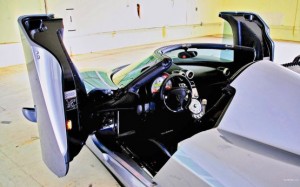 DIHEDRAL SYNCHRO-HELIX ACTUATION DOORS
DIHEDRAL SYNCHRO-HELIX ACTUATION DOORS
This is the system on Koenigsegg cars wherein the doors first move outwards before swivelling upwards to grant access. Contrary to what it may seem, this system requires more room to avoid scraping the doors on the road surface.
.
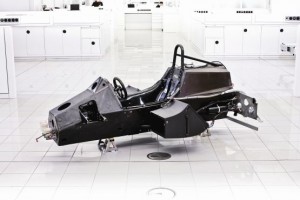 CARBON TUB
CARBON TUB
A ‘carbon tub’ is a high-strength enclosure for the driver in a race car made entirely of layers of carbon-fibre. Its sole purpose is to protect the driver in case of a severe accident; even if the rest of the car body has been completely destroyed as a result of the crash.
.
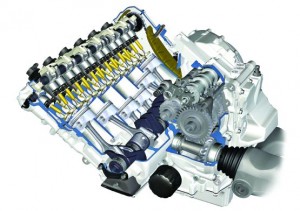 FIRING ORDER
FIRING ORDER
The firing order/sequence is the ignition sequence or the order in which the combustion stroke is initiated in a multi-cylinder engine. In a four-cylinder engine, the typical firing order is 1-3-4-2.
.
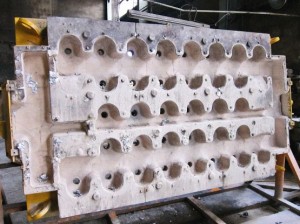 CASTING
CASTING
‘Casting’ is the method of manufacture wherein molten or liquid form of a metal is poured into a mould to assume a pre-determined shape. This method is the most cost-effective for creating metal parts, but is prone to impurities due to the nature of creation process.
.
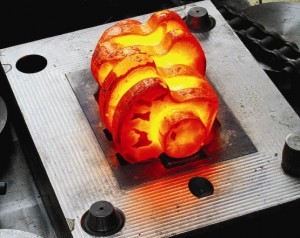 FORGING
FORGING
A more expensive but stronger way of creating metal components, forging involves heating up a single chunk of metal and pounding it into the desired shape with the help of a forging die. Any extra oozing out and solidifying is ground off. In case of a crankshaft, the steel used ensures a forged unit is stronger than a cast unit.
.
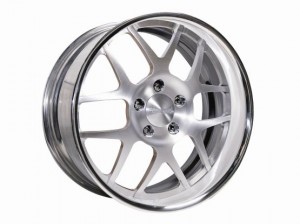 BILLET
BILLET
Billet parts are obtained by the process of crafting a component from a solid chunk of metal. They are capable of being stronger than forged parts, but that characteristic depends on the quality of the metal used for the process. The cost of billet parts tends to be higher because they have to be individually cut each time.
.
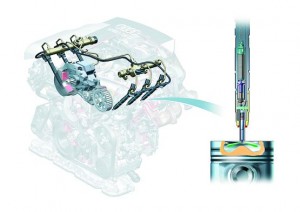 FUEL RAIL
FUEL RAIL
‘Fuel rail’ is a fuel line in a port fuel injection system that feeds fuel from the injector pump to individual injectors at each cylinder. In most fuel systems, it resembles a rail running at or near the cylinder-head.
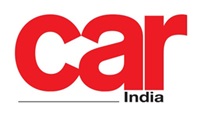




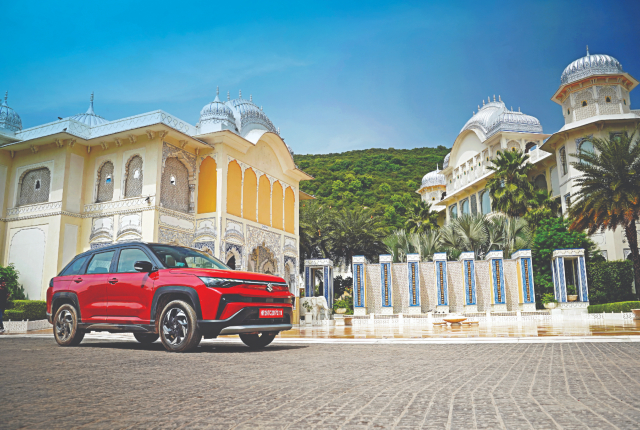

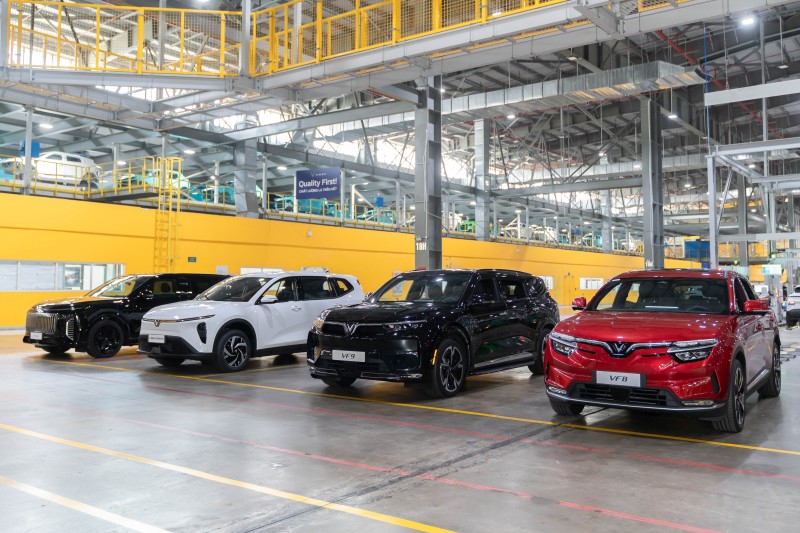


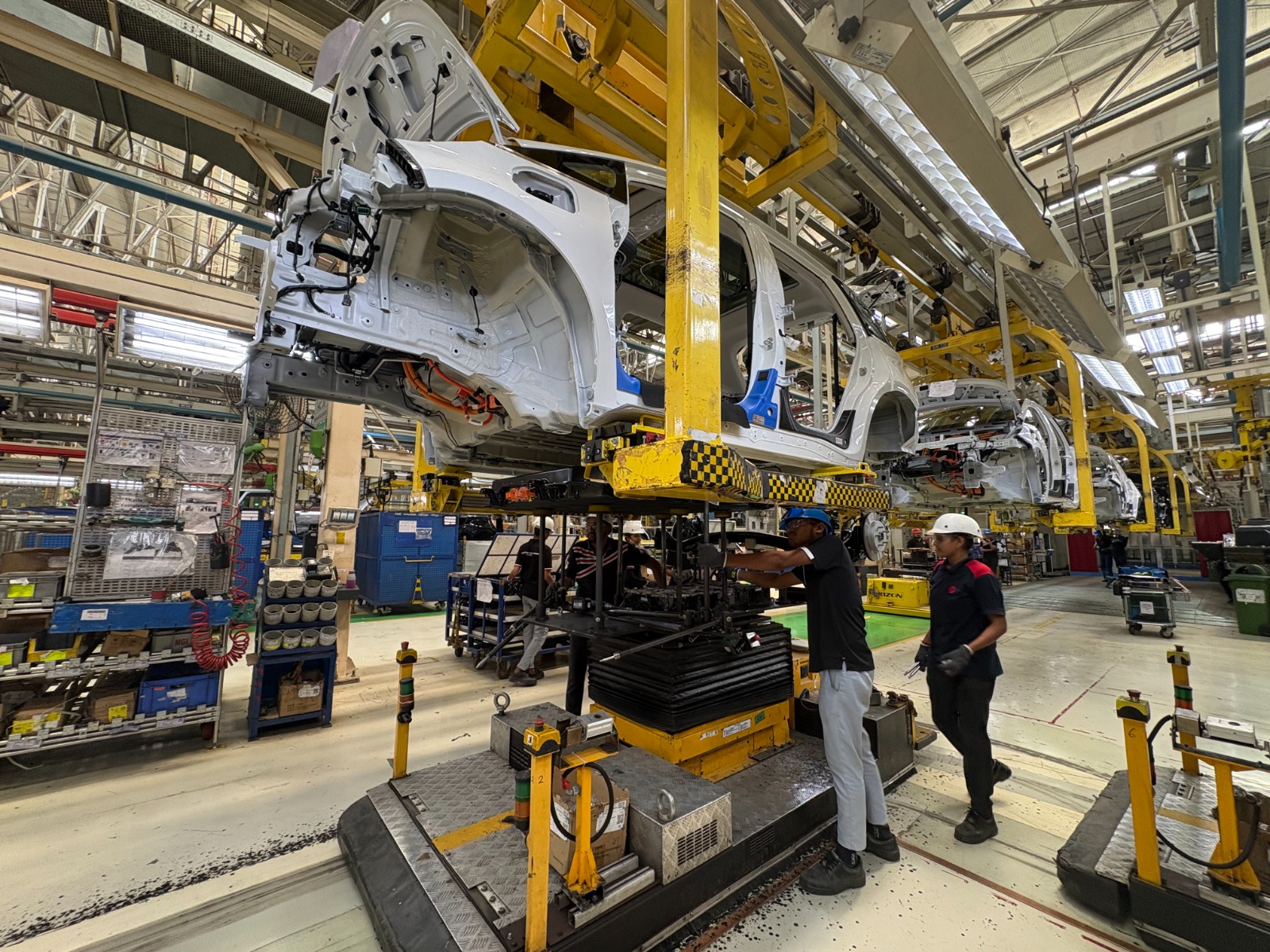



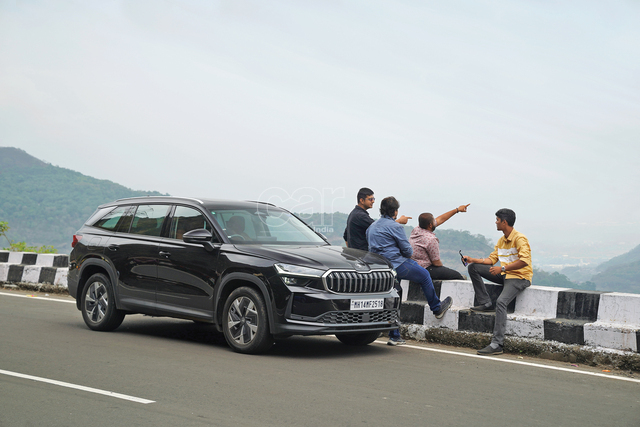

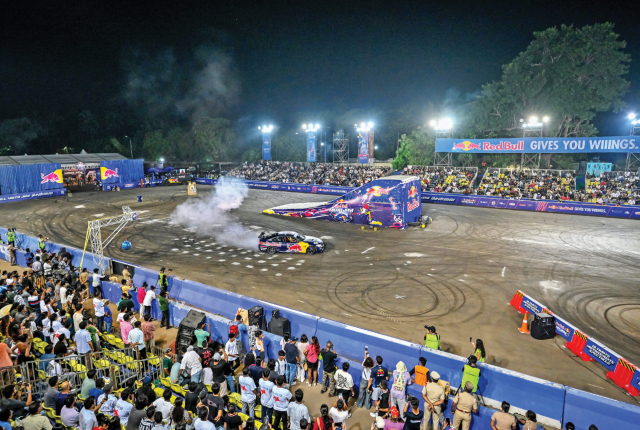
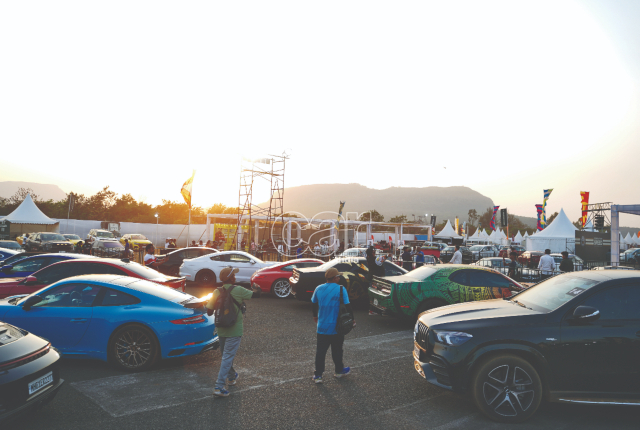
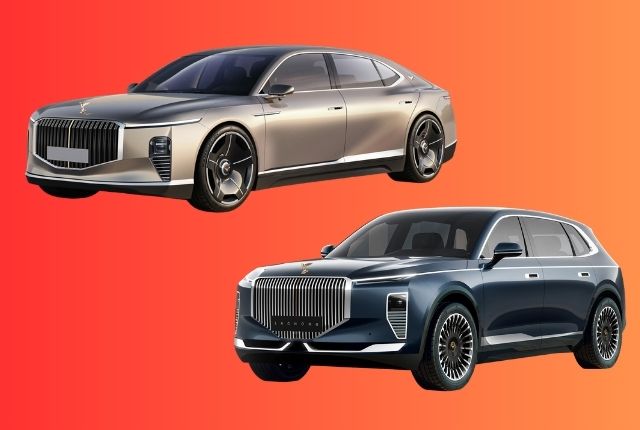


Leave a Reply